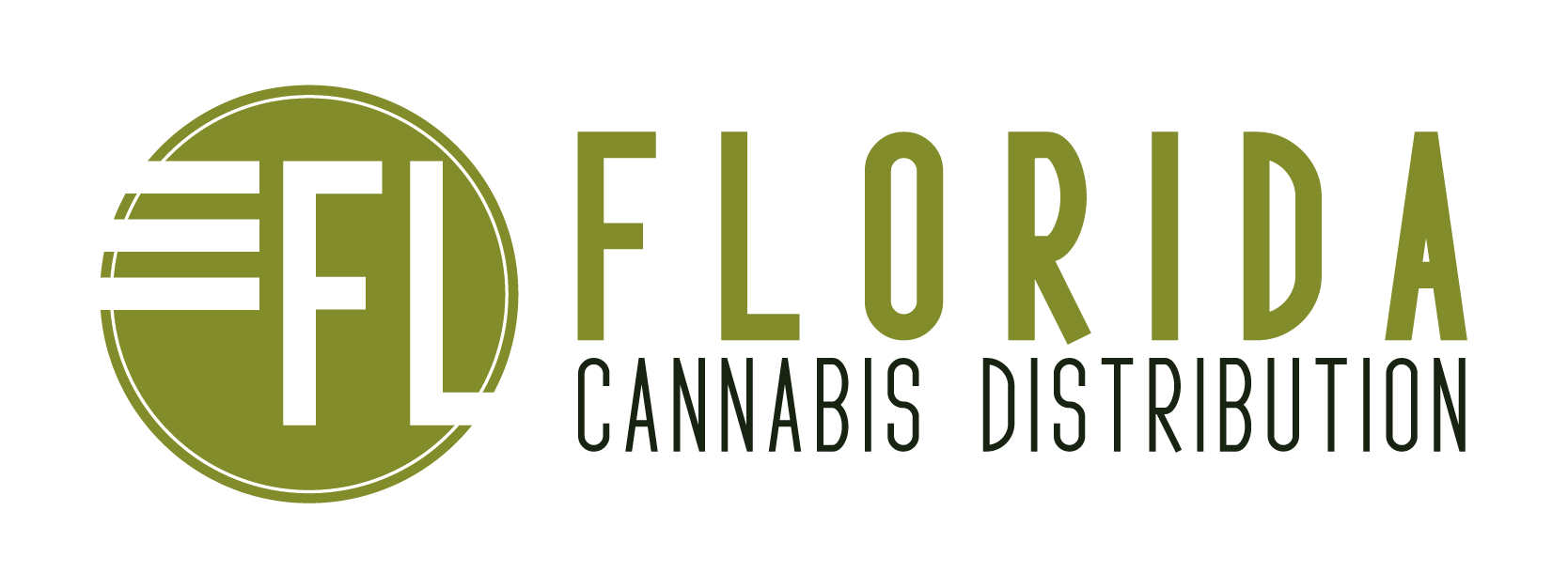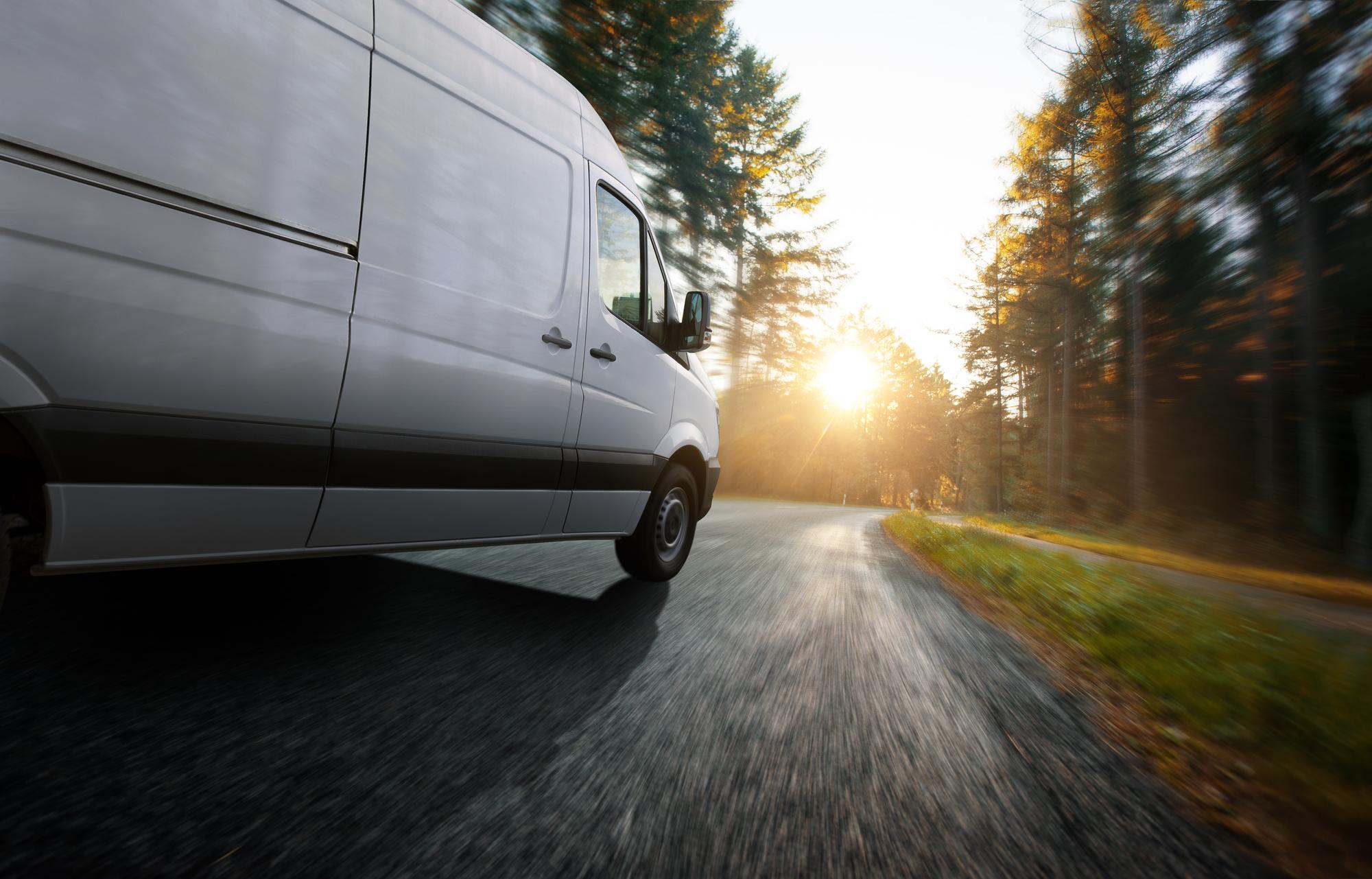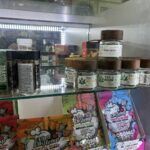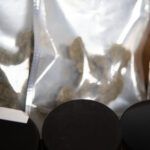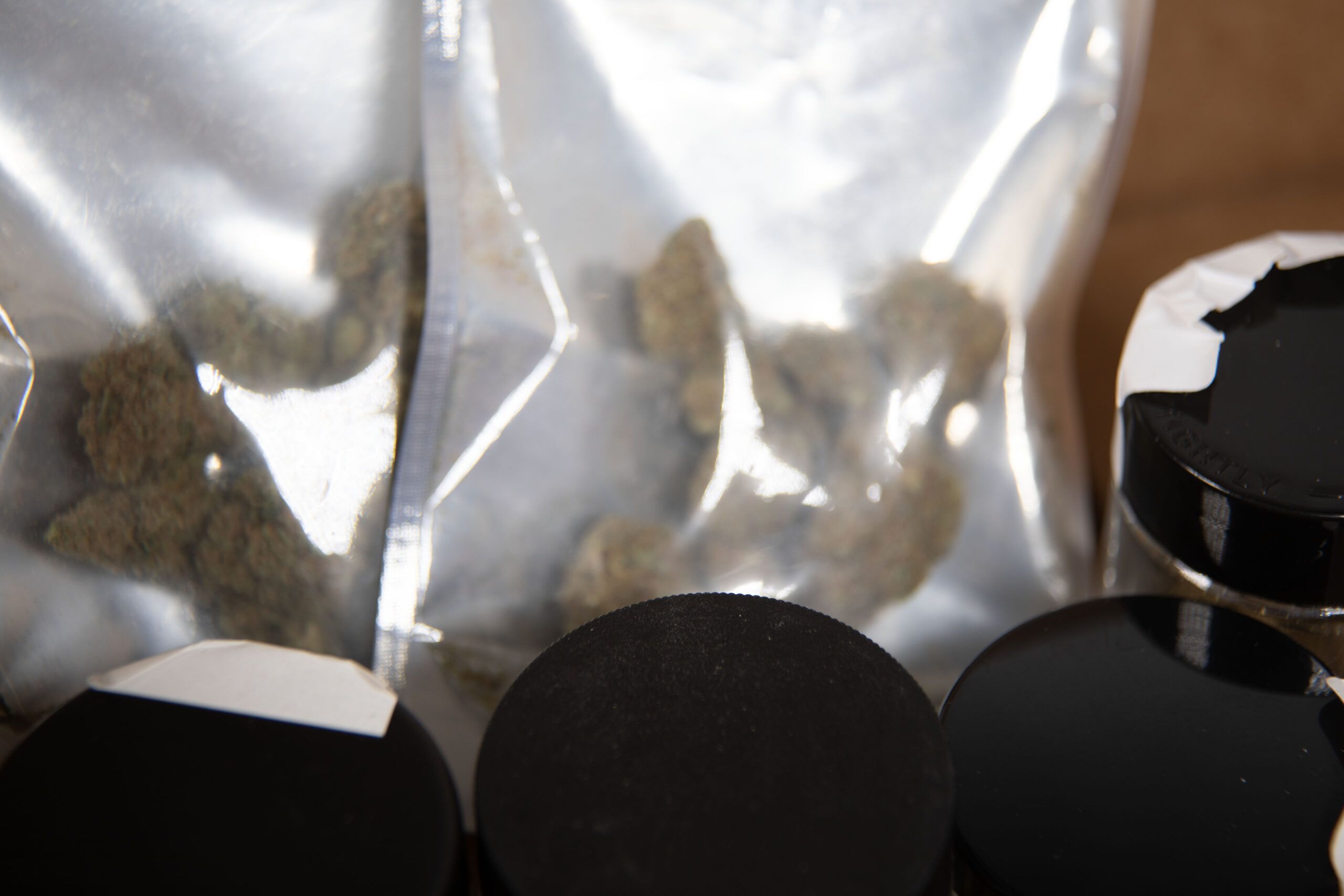Florida’s cannabis distribution sector is increasingly embracing sustainability across every operational stage—from the fleets that deliver products to the packaging used to protect them. These efforts align not only with environmental responsibility but also with regulatory trends and consumer demand for eco-conscious cannabis. Specifically, distributors are adopting low-emission vehicles, recyclable and biodegradable packaging, and carbon-reducing operational practices.
Low‑Emission & Efficient Transportation
Florida distributors are optimizing logistics to reduce greenhouse gas emissions. Some entities are switching to low-emission vehicles and consolidating shipments to maximize load efficiency—a strategy well established within “sustainable distribution” models that minimize environmental impact through improved transport planning and eco-friendly vehicle use. While specific Florida providers are still scaling these efforts, the national trend of fleets using hybrid or electric vehicles is gaining momentum.
Sustainable Packaging Solutions
Perhaps the most visible sustainability shift involves packaging. Florida’s licensees are increasingly turning to lighter, recyclable, or compostable materials:
- Mylar with child-resistant certification: FLUENT dispensaries, run by Cansortium, were the first in Florida to offer flower in recyclable mylar “peekaboo” bags that reduce waste compared to bulky glass jars.
- Eco‑friendly cannabis plant tags: Metrc, based in Lakeland, rolled out tags made from 30% less plastic and implemented leaner manufacturing processes, reducing waste by 46%, eliminating roughly 300,000 plastic bags annually, and donating 5,000 trees.
- Domestic, recyclable containers: Sustainable packaging firms like Calyx, active nationwide including Florida, use polypropylene drams and glass bottles—all curbside recyclable—and create zero-waste lids with bi-injection molding.
National brands also partner with recycling programs and use reclaimed ocean plastic or hemp-infused materials—innovations that are gradually filtering into Florida’s market.
Related Article: Protecting Patients: Florida Cannabis Packaging and Labeling Compliance
Industry Collaboration & Certification
Many distributors and ancillary packaging partners are joining coalitions and pursuing sustainability certifications. AE Global, for example, has collaborated with rePurpose Global to remove over 380,000 pounds of ocean-bound plastic since December 2024, and advocates Florida as a model state for packaging regulations. In parallel, companies such as N2 Packaging, aligned with the Sustainable Packaging Coalition, are committed to reducing plastic usage by 50% over ten years while shifting manufacturing to the U.S. to cut transport emissions.
Regulatory Drivers & Industry Response
State oversight also fuels sustainable operations. Florida mandates child-resistant, tamper-proof, clearly labeled packaging. While safety standards drive material use, distributors are balancing compliance with environmental health by opting for recyclable or compostable materials that meet state benchmarks. This regulated environment encourages innovation: lightweight, flexible pouches reduce transport weight and costs, while sturdy but recyclable containers minimize plastic waste.
Future Outlook: Circularity & Carbon Management
Looking ahead, Florida cannabis distributors are likely to deepen their sustainability footprint by implementing reverse logistics—returning and recycling packaging and optimizing supply chain efficiency. Carbon-offset initiatives, renewable energy use in warehousing, and full lifecycle assessments are also expected as the industry matures.
